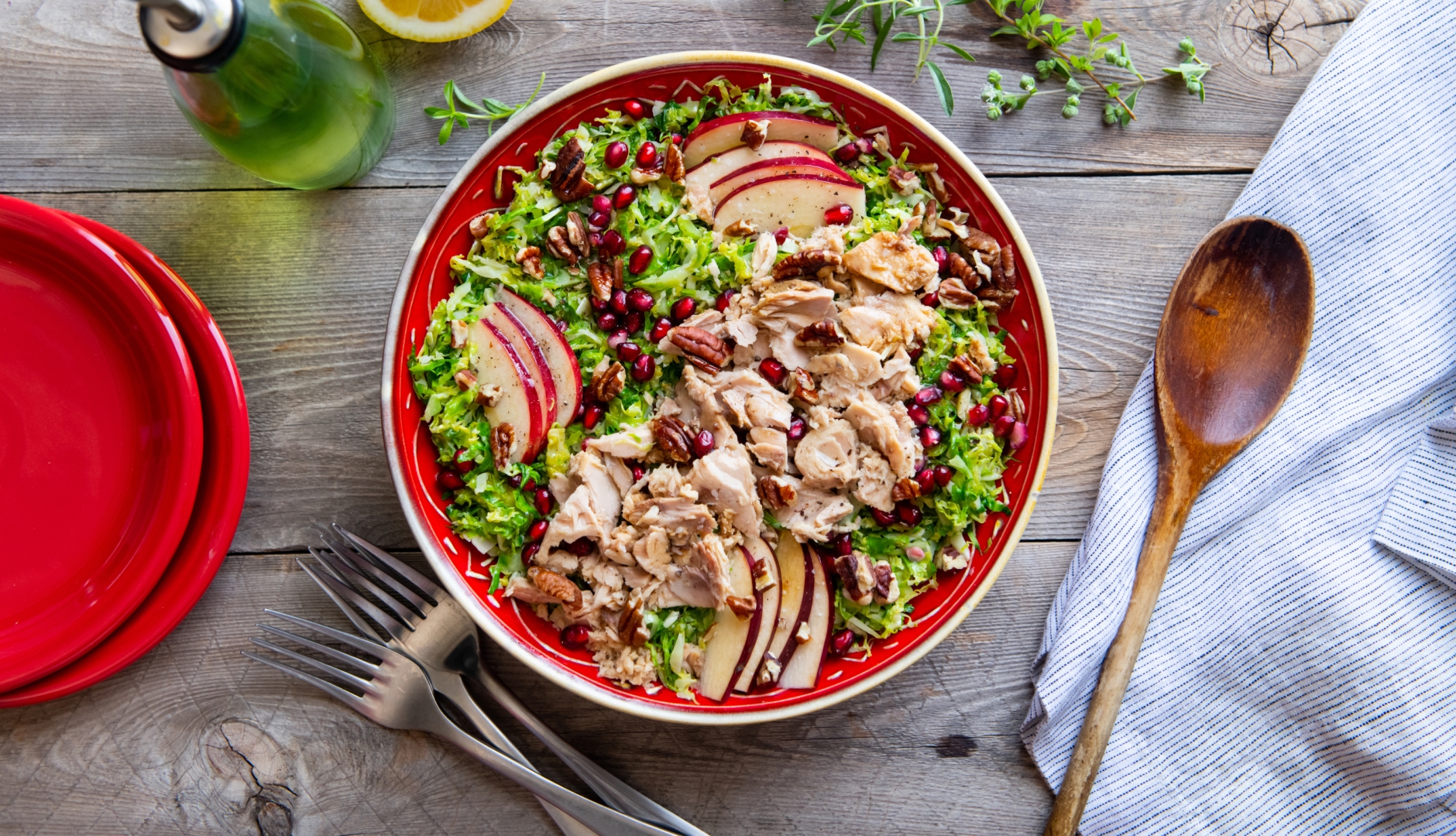10 Simple Ways to Live the Mediterranean Lifestyle
You don’t have to book a flight to a sun-drenched coastal paradise to reap the benefits of the Mediterranean. There are small changes you can make right at home to support a longer, healthier life.

There are countless reasons why we love the Mediterranean way of life: the slower pace, the delicious fresh food, the close-knit community. It’s no wonder why the lifestyle continues to be considered the gold standard.
Built on a foundation of nutrient-rich foods, it offers numerous health benefits, from reduced risk of heart disease to improved mental health. And the good news is you don’t have to live in Greece, Italy, or Spain to adopt their healthy aspects. You can replicate most of them right now, wherever you are.
Here are several simple steps you can take every day to live the Mediterranean way. Consider starting with one or two before tackling another.
1) Pile on the fruits and veggies
The very basis of the Mediterranean diet is plenty of fruits and vegetables. Each day, you should aim for two to three servings of fruit and four or more servings of vegetables, especially dark, leafy greens. In other words, eat the rainbow!
2) Savor more seafood
Save red meat for special occasions, and instead opt for fish or lean poultry for everyday meals. Our canned Yellowfin Tuna in Olive Oil is a Mediterranean diet staple because it features omega-3 fatty acids and protein—29 grams to be exact. According to the traditional Mediterranean eating pattern, you should be consuming fish two to three times a week.
3) Soak up the Sun
While a Mediterranean diet can help you get vitamin D through foods like fish and eggs, sunlight is still the best source. Prioritize spending time outdoors, even for 10 minutes. Just don’t forget to wear sunscreen.
4) Get moving
If you really want to boost the effects of a Mediterranean diet, incorporating physical activity into your daily routine is a must. Aim for at least 30 minutes of moderate exercise five days a week. And this doesn’t mean you have to hit the gym. Walking, hiking, biking, or swimming are all great exercise options.
5) Choose whole grains
Whole grains are an essential component to the Mediterranean diet because they’re packed with nutrients and fiber. So if you find yourself grocery shopping for bread, pasta, or cereals, make sure they’re whole grain. Other examples of whole grains are brown rice, oats, quinoa, farro, barley, and millet.
6) Take an afternoon snooze
In most Mediterranean countries, siestas are common practice. Many shops and restaurants close in the afternoon so those workers can rest and recharge. If you have the flexibility, consider shutting your eyes for 10 to 20 minutes. Power naps can help boost alertness and reduce stress.
7) Hit the farmers market
It’s not just about eating fruits and vegetables—it’s about where you get them. The Mediterranean diet emphasizes locally sourced, seasonal produce. When fruits and vegetables are at their peak harvest, they taste better and maintain their nutritional value. Plus, when you eat seasonally, you can expect your meals to cost less. Hello, delicious, budget-friendly home cooked meals!
8) Be social
Social connection is an important pillar of the Mediterranean lifestyle that often doesn’t get the attention it deserves. Interacting with others, whether through shared meals or community activities, has been shown to improve overall well-being, reducing depression and anxiety.
9) Stay hydrated
It’s no question that water is essential for overall health. It should be your primary beverage of choice. When it comes to other drinks in the Mediterranean diet, coffee and tea are acceptable, and a small glass of red wine is allowed with meals, but sugary drinks like sodas should be avoided.
10) Snack mindfully
If you find yourself craving a mid-morning or afternoon snack, select foods that double as healthy fats, like raw nuts, olives, Greek yogurt, hummus, or even avocado on whole grain toast. Need something sweet? Opt for dried fruits like dates or raisins.


